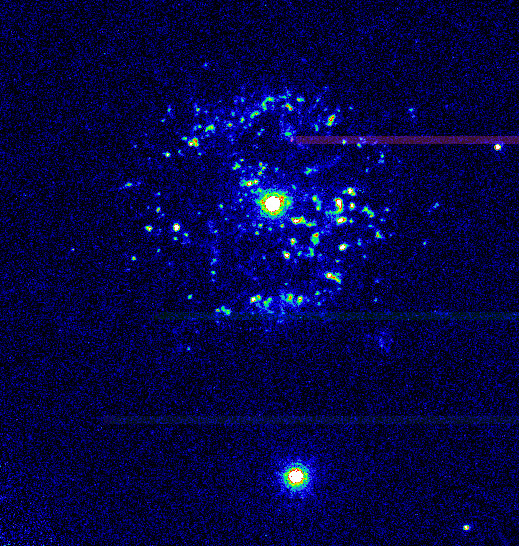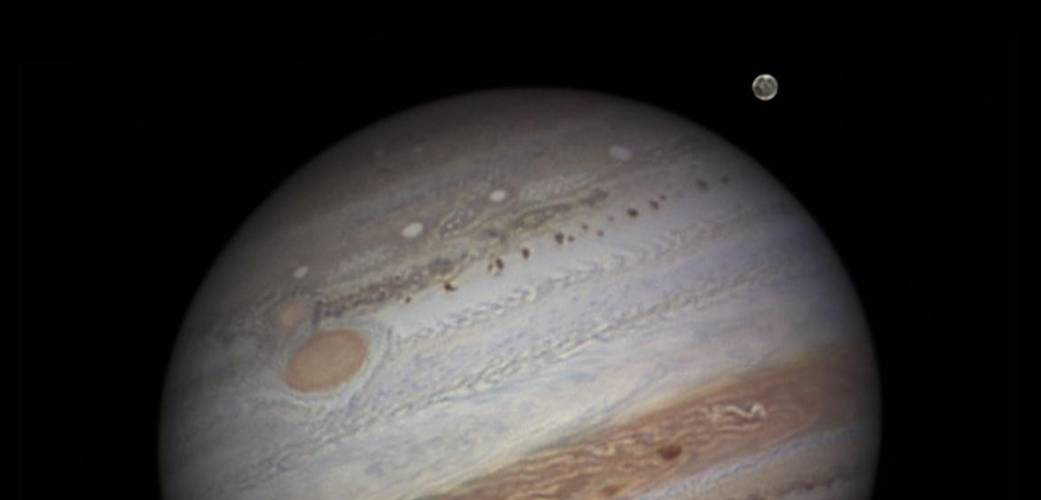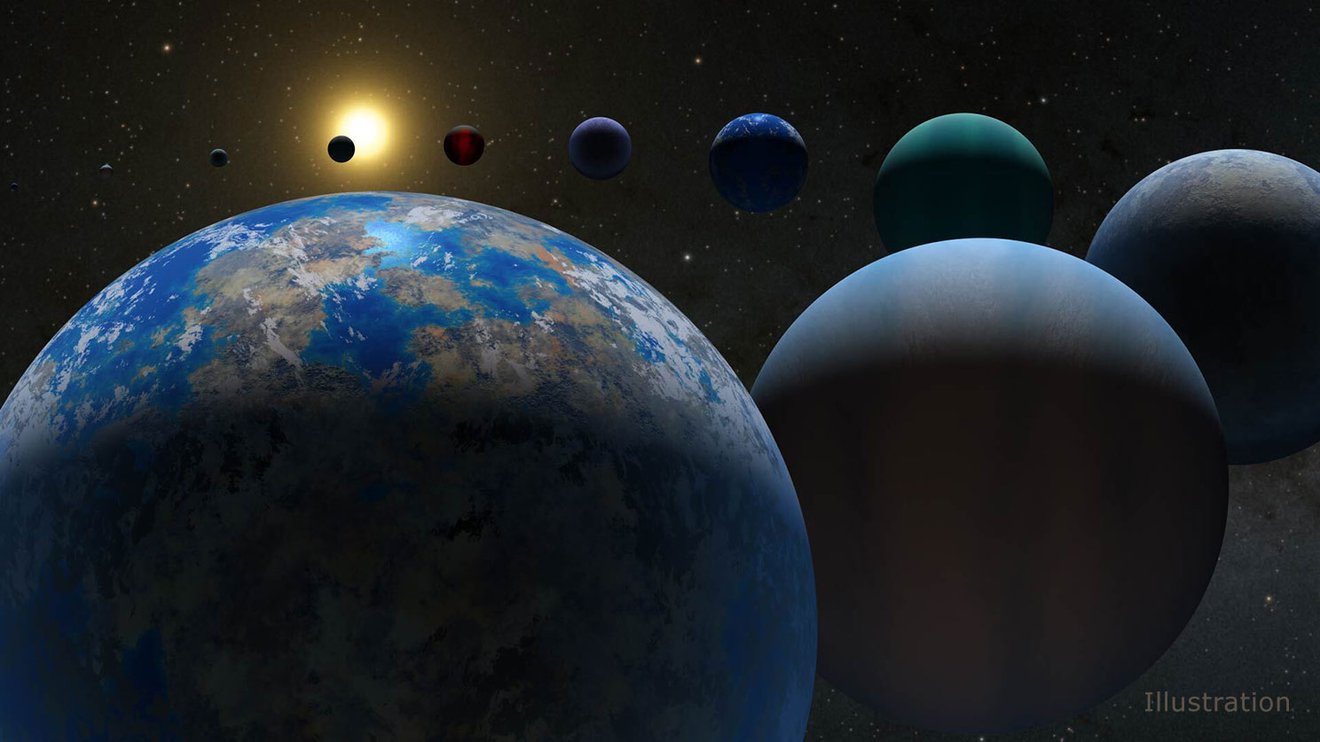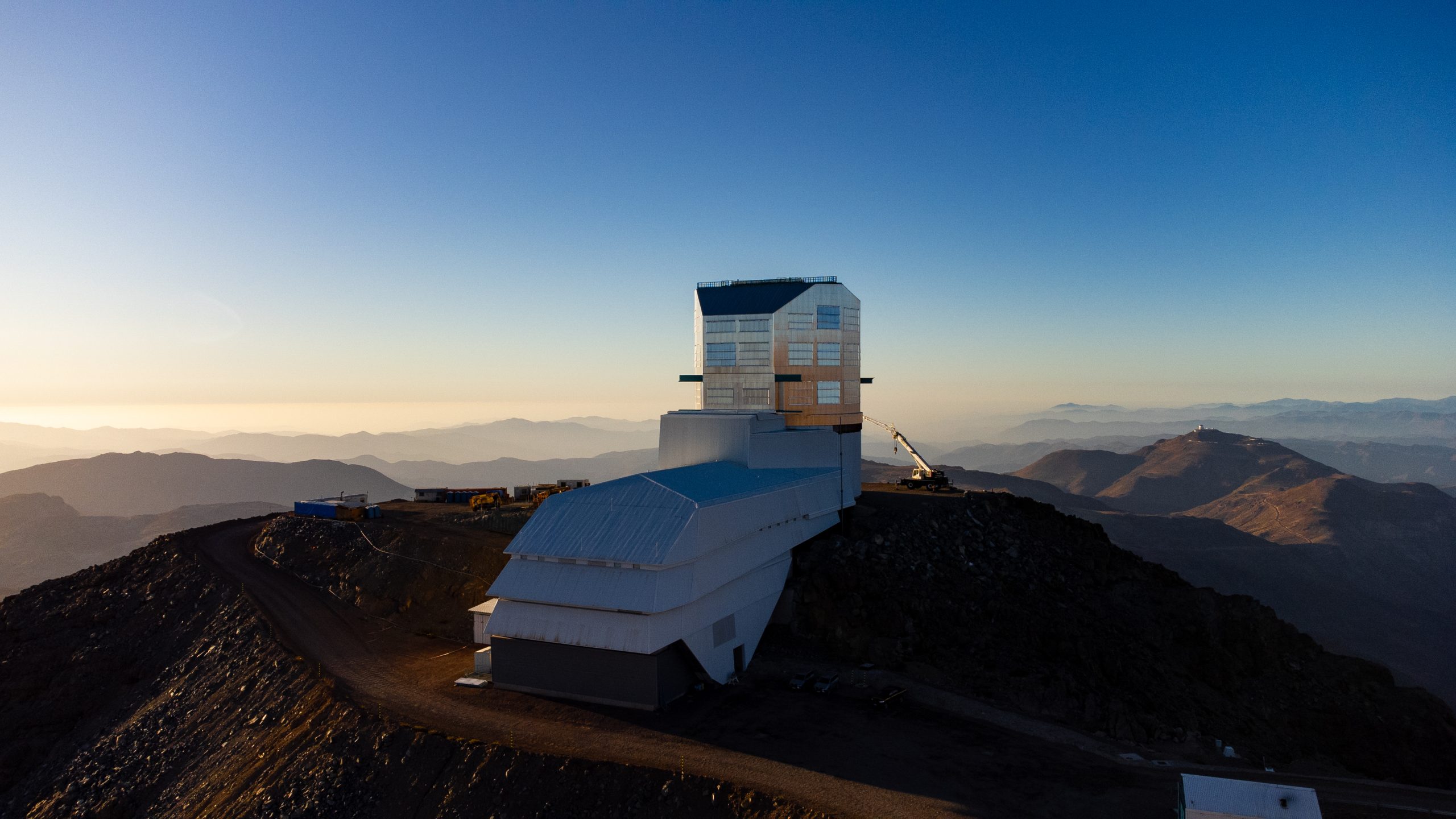Departmental Colloquium
Colloquium – Minfang Yeh – Scintillator Detector for Neutrino Physics
227 Gallalee Hall 514 University Blvd., Tuscaloosa, AL, United StatesTitle: Scintillator Detector for Neutrino Physics Speaker: Minfang Yeh (Brookhaven National Laboratory, Upton, NY11973, USA, yeh@bnl.gov) Abstract: The liquid scintillator detector is known to have low energy threshold, high light yield, and adequate attenuation length with efficient background discrimination in many years of operation for low-energy neutrino detection. Besides the pulse shape discrimination, an improvement
Colloquium – Breese Quinn – Latest Results from the Fermilab Muon g-2 Experiment
227 Gallalee Hall 514 University Blvd., Tuscaloosa, AL, United StatesSpeaker: Dr. Breese Quinn (University of Mississippi) Title: Latest Results from the Fermilab Muon g-2 Experiment Abstract: Two years ago, the Muon g-2 experiment at Fermilab published its first measurement of the anomalous magnetic moment of the muon, aμ = (g-2)/2, based on its first year of data representing roughly 6% of the total data
Colloquium – Jeyhan Kartaltepe – Pushing the Edge of the Cosmic Frontier with JWST
227 Gallalee Hall 514 University Blvd., Tuscaloosa, AL, United StatesSpeaker: Jeyhan Kartaltepe (Rochester Institute of Technology) Title: Pushing the Edge of the Cosmic Frontier with JWST Abstract: The James Webb Space Telescope (JWST) launched in December 2021, first started collecting data in June 2022, and is already revolutionizing our understanding of the distant Universe. With its large, segmented mirror, and optimization for infrared
Colloquium – Jeremy Smallwood – The stellar environment’s influence on protoplanetary discs and planet formation
200 Gallalee Hall 514 University Blvd, TuscaloosaSpeaker: Jeremy Lewis Smallwood (Institute of Astronomy and Astrophysics, Academia Sinica, Taiwan) Title: The stellar environment’s influence on protoplanetary discs and planet formation Note different date and venue Abstract: The majority of stars born in dense stellar clusters are part of binary star systems. Circumbinary discs of gas and dust commonly surround binary star
Colloquium – Jenna Samuel – Simulating our Intergalactic Neighborhood and Beyond
200 Gallalee Hall 514 University Blvd, TuscaloosaSpeaker: Jenna Samuel (UT Austin) Title: Simulating our Intergalactic Neighborhood and Beyond Abstract: Low-mass or dwarf galaxies far outnumber the more massive Milky Way (MW) and Andromeda (M31) within our intergalactic neighborhood, the Local Group (LG). These low-mass galaxies are some of the most dark matter-dominated systems known, making them excellent astrophysical objects for small-scale
Colloquim – Jaehan Bae – Witnessing the formation of giant planets and their moons
200 Gallalee Hall 514 University Blvd, TuscaloosaSpeaker: Jaehan Bae (University of Florida) Title: Witnessing the formation of giant planets and their moons Abstract: With over 5,000 exoplanets discovered, it is clear that planet formation is a robust and widespread process. However, the astonishing diversity between observed exoplanetary systems suggests that environmental factors - the physical conditions present during birth of the
Colloquium – Elias Aydi – New insights into Novae
227 Gallalee Hall 514 University Blvd., Tuscaloosa, AL, United StatesDr. Elias Aydi will speak on "New insights into Novae".
Colloquium – Kim Bott – Identifying sources of reflected light in unresolved exoplanet systems
227 Gallalee Hall 514 University Blvd., Tuscaloosa, AL, United StatesDr. Kim Bott will speak on "Identifying sources of reflected light in unresolved exoplanet systems".
Colloquium – Samuel Grunblatt – Giants Transiting Giants
227 Gallalee Hall 514 University Blvd., Tuscaloosa, AL, United StatesDr. Sam Grunblatt will speak on "Giants Transiting Giants: Revealing planet demographics of post-main sequence systems"
Colloquium – Zhoujian Zhang – Studying Exoplanet Origins in the Era of JWST, ELTs, and LSST
227 Gallalee Hall 514 University Blvd., Tuscaloosa, AL, United StatesDr. Zhoujian Zhang will speak on "Studying Exoplanet Origins in the Era of JWST, ELTs, and LSST"



